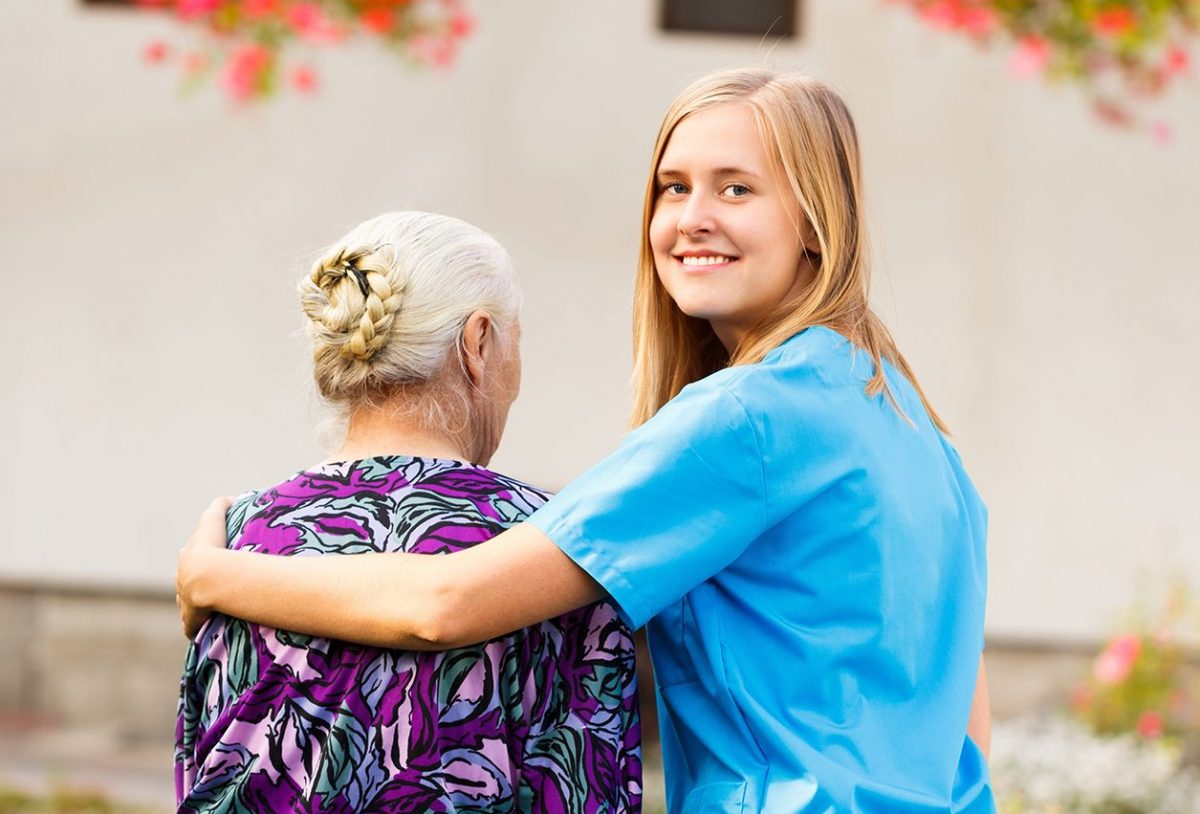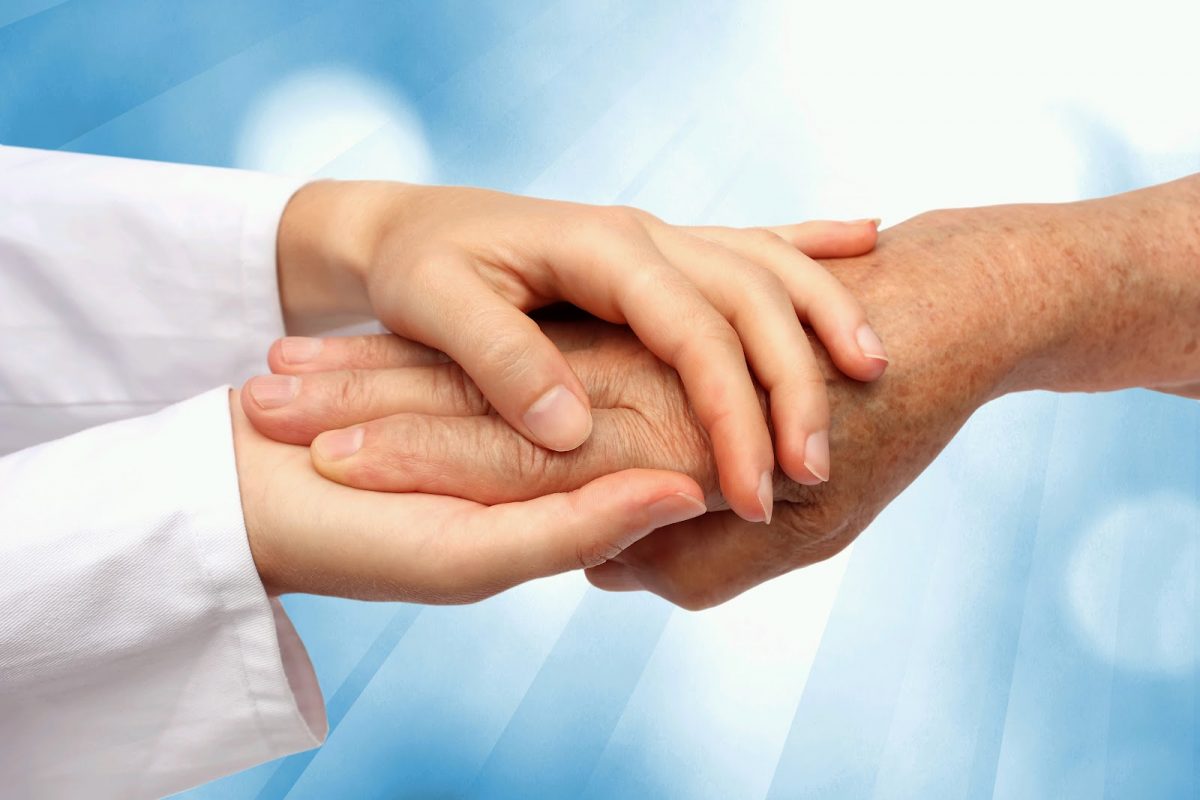The rapid outbreak of Coronavirus Disease 2019 (COVID-19) has brought the world to its knees. Everything seems to be in lockdown – the borders, the businesses, the people – with nearly all global activities suspended. Nothing is certain anymore, especially our lives. The fear stems from the notion that no one is certain about how the virus travels.
Coronavirus is a disease that causes upper respiratory symptoms such as coughs or runny nose, although in some cases, COVID-19 can result in shortage of breath, and even death. Recently, when Care for you (Care4U) experts were tasked with researching the disease, they drew some interesting conclusions.
- COVID-19 mainly spreads from person-to-person
- The virus is spread through droplets when an infected person coughs or sneezes
- The virus affects people who are within close distance to each other
Since there’s currently, there’s no vaccine to prevent the coronavirus, our healthcare professionals recommend that you follow the tips to prevent getting infected with the potentially deadly disease.
-
a) Wash your hands thoroughly
Whether you’re at home or out in public, wash your hands with antibacterial soap and water for at least 20 seconds before eating, touching your face, and after using the loo. It’s especially important to wash your hands if you have been sneezing, or coughing into your hands, or have flu-like symptoms.
Pro Tip: Use a hand sanitizer that includes at least 60% alcohol. Now how should you use it? Rub the sanitizer into the palms of your hands, and then make a fist with one hand and rub it with the other hand such that it covers the fist. Now, make a fist with the other hand, and repeat the process so that it covers the entire surface, including in between the fingers of both hands . Rub your hands in a circular motion until they are dry. Avoid touching parts of your face, such as eyes, nose, and mouth with unwashed hands.
-
b) Maintain social distancing
For the time being, it’s essential to avoid close contact with other people. That’s because, according to the latest research, one person could end up affecting three more, on average. Maintain at least a 6-ft distance from one another to prevent becoming a victim and spreading the virus.
-
c) If you’re sick, stay indoors
You may feel like a hostage; but unfortunately, there’s no other option at hand. It’s better to stay home for at least 14 days if you’re suffering from COVID-19.
-
d) Cover your coughs and sneezes
You wouldn’t want to infect your closed ones, so take following measures as needed.
- Instead of coughing and sneezing into the air about you, cough or sneeze into a tissue .
- Discard used tissues straightaway
- Wash your hands every 20 minutes for 20 seconds
-
e) Wear a mask
To protect yourself and others, wear a facemask. Especially if you’re traveling by car, and there are a couple of people in it, or if you’re sharing a room with several mates. Wear a face mask to be on the safe side.
Note: A face mask is recommended for people who are sick. Healthy people do not require it as such.
-
f) Disinfect regularly
Clean the mediums or objects with which you’re most likely to come into contact. For example, door knobs, electric switches (when they’re off, please), countertops, door handles, banisters, desks, phones, faucets, keyboards, and more. To make sure you’re not risking your health, clean the surfaces mentioned above, and lather up your hands often.
Let us know if you require more tips for dealing with the COVID-19. Care4U, the helping hands in Birmingham, can educate people well on the COVID-19. If you feel you may have been exposed to COVID-19 and have developed the symptoms, call 0345 113 5000 immediately.






